
Hi, I'm Yue-Hua Han!
Greetings! I am a 1st year PhD student in a joint program between the National Taiwan University and Academia Sinica, advised by Dr. Jun-Cheng Chen. I recieved my master's degree from National Taiwan University of Science and Technology in March 2024, advised by Prof. Kai-Lung Hua and Dr. Jun-Cheng Chen. Before embarking on my deep learning journey in 2021, my primary focus was in the field of wireless vehicular networks. My recent research focuses on Deepfake Detection, Video Reasoning, Music Generation, Multi-modal Large Language Models (MLLMs), Memory in LLMs, Few-Shot Learning and Parameter Efficient Fine-tuning Techniques (PEFTs).
Publications
April 2024 - May 2024, R.A. @ Academia Sinica
Camera Settings as Tokens: Modeling Photography on Latent Diffusion Models (SIGGRAPH Asia 2024)

Our approach generates images based on the given text-prompts and camera settings -- numerical values embedded as tokens in the aligned text feature space of corresponding Latent Diffusion Models (LDMs). This approach enables more effective and precise control on image generation.
Feburary 2023 - March 2024, Intern/R.A. @ Academia Sinica (Extension of Master's Thesis)
Towards More General Video-based Deepfake Detection through Facial Component Guided Adaptation for Foundation Model (CVPR 2025)
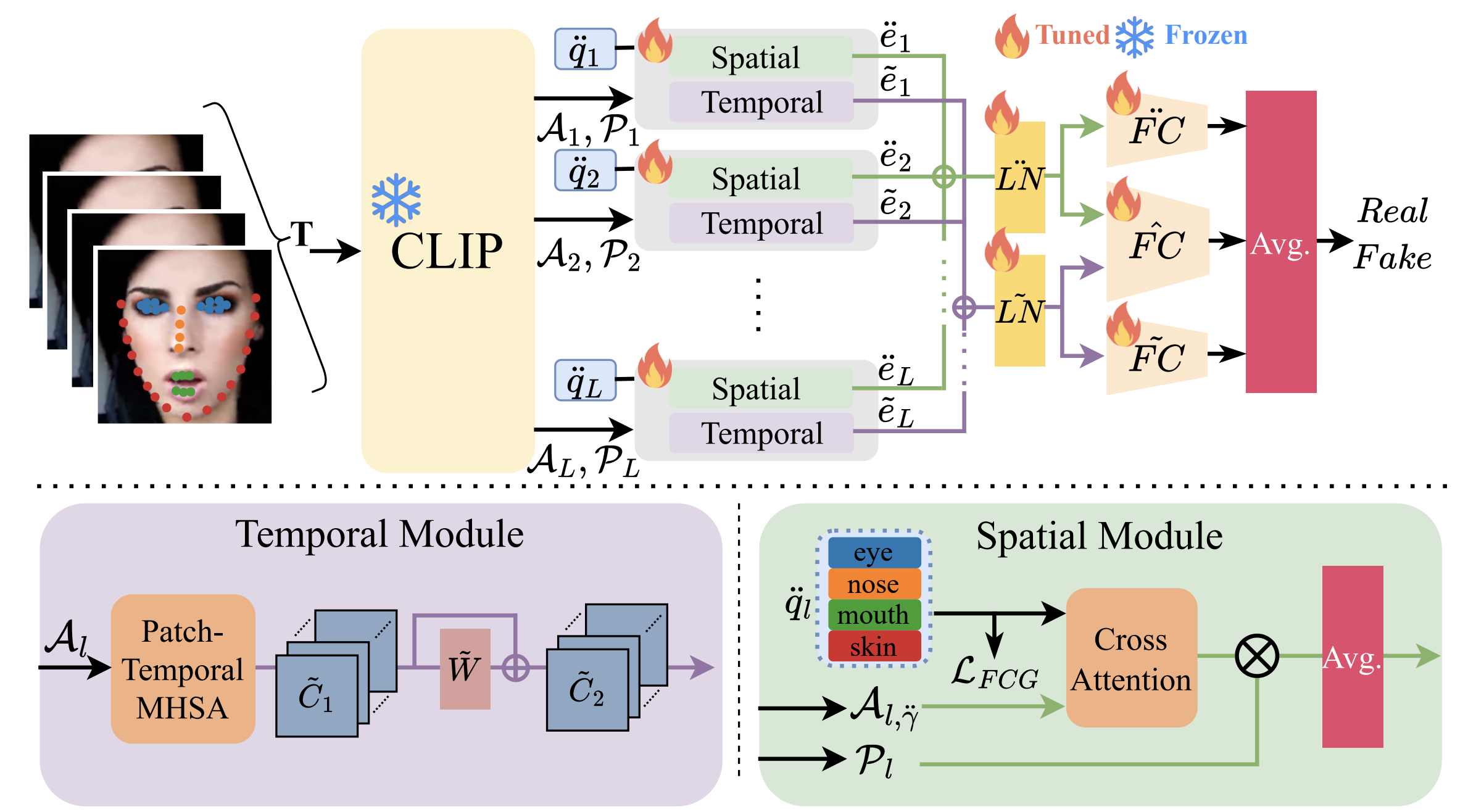
We explore how to enhance the generalization of deepfake face video recognition models. Building on the results of my master's thesis, we propose a dual-branch side network architecture adapted to the CLIP image foundation model, combined with a facial component attention loss function. This approach successfully improves the model and achieves promising generalization performance.
June 2022 - December 2022, Intern @ Academia Sinica
Multi-Task Self-Blended Images for Face Forgery Detection (MMAsia 2023)
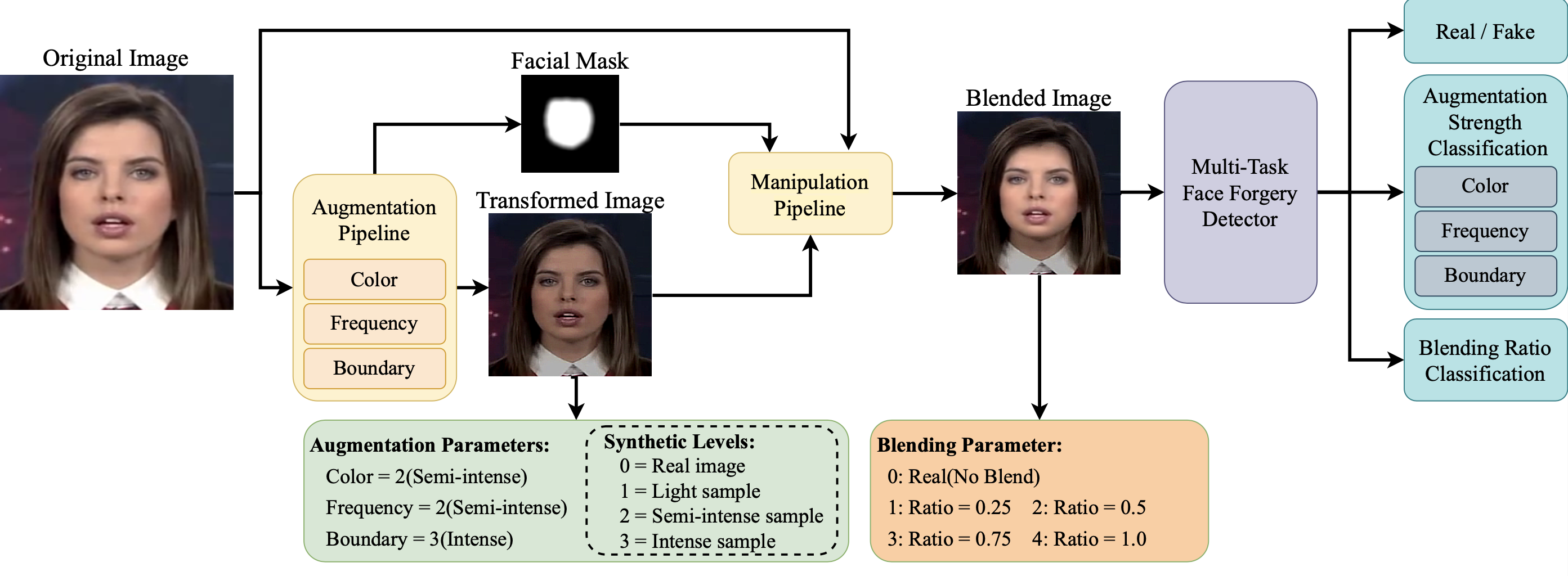
We propose to enhance the generalizability of the self-supervised deepfake detector through multi-task learning. This extension on self-supervised learning enables the detector to utilize reasonable information for authenticity evaluation on the given image. This simple method demonstrates effectiveness through substantial improvements in the evaluation on unseen deepfake datasets.
Feburary 2022 - October 2022, Intern @ Academia Sinica
DEFAEK: Domain Effective Fast Adaptive Network for Face Anti-Spoofing (Neural Networks 2023)
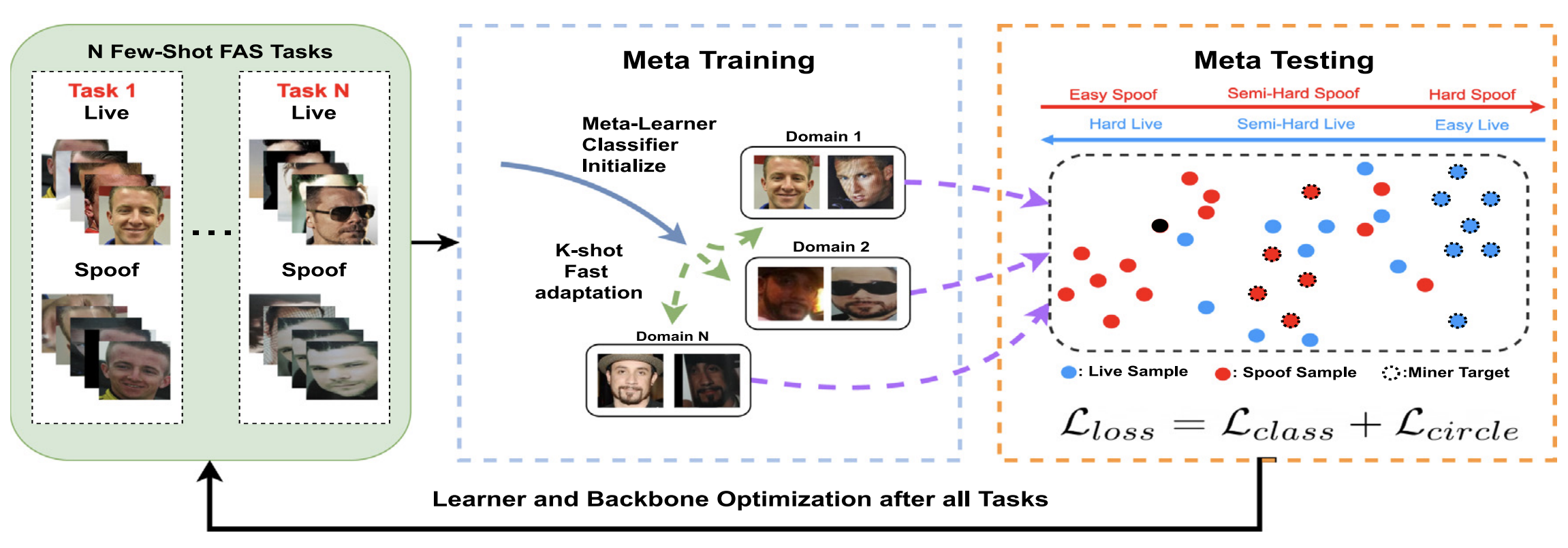
We study the generalization issues of detection models for spoofing and deepfake facial images. We propose a meta-learning methods to initialize the weights of a lightweight classifier to enhance its generalizability.
September 2021 - January 2022, Intern @ Academia Sinica
Socially Aware V2X Localized QoS (IoTJ 2024)
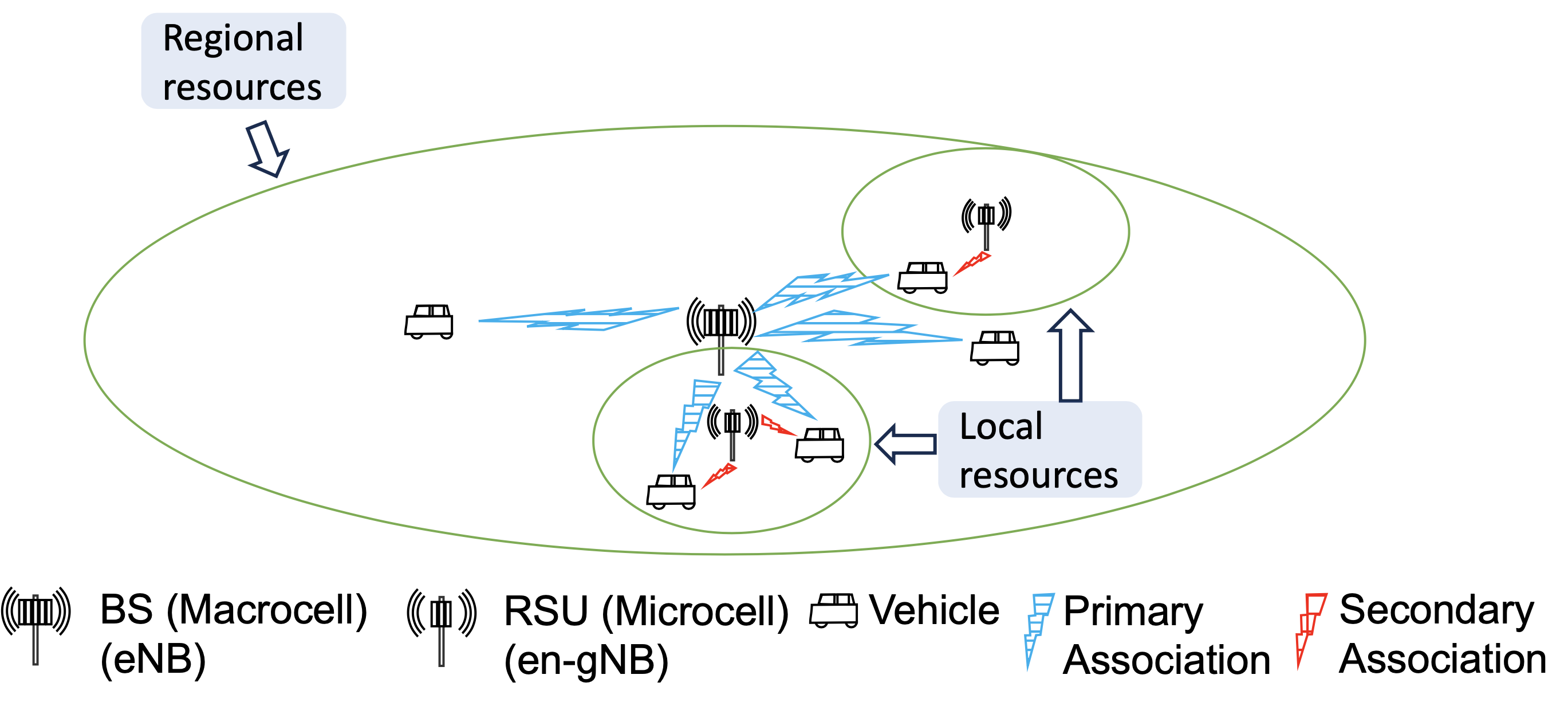
We extend previous results on in social vehicular networks by exploring in depth the impact of the size and number of social communities to the quality of the wireless vehicular network. Further, we also propose a tractable greedy resource allocation algorithm to tackle the excessive computation time of the optimal algorithm for the multi-group multi-QoS Non-Orthogonal Multi-Access (NOMA) resource allocation problem.
Feburary 2020 - May 2021, Bachelor's Thesis
Socially-Aware V2X QoS for NOMA Dual-Connectivity (VTC 2021)
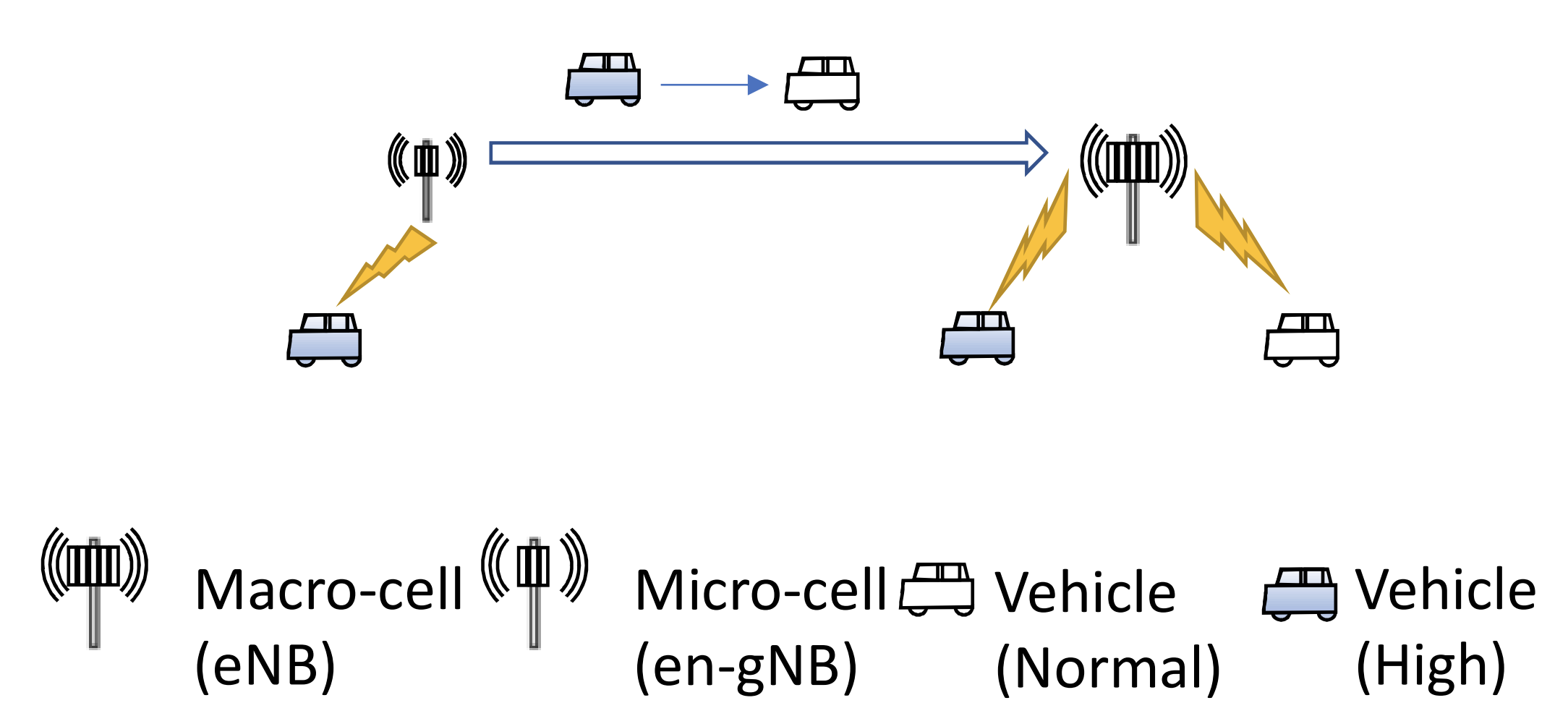
This work is the beginning of my research journey. I followed my advisor to research on resolving the impact of bursty traffic in traffic conjections under 5G vehicular wireless communication context. I studied about wireless communication and refer to the 3GPP standard to design a simulation model for wireless communication. Further, to resolve problem of optimal resource allocation, I disentangle the problem in order to solve it through utilizing the integer linear programming technique. The simulation system incorporates SUMO, Matlab with python as the bridge to control the two components.